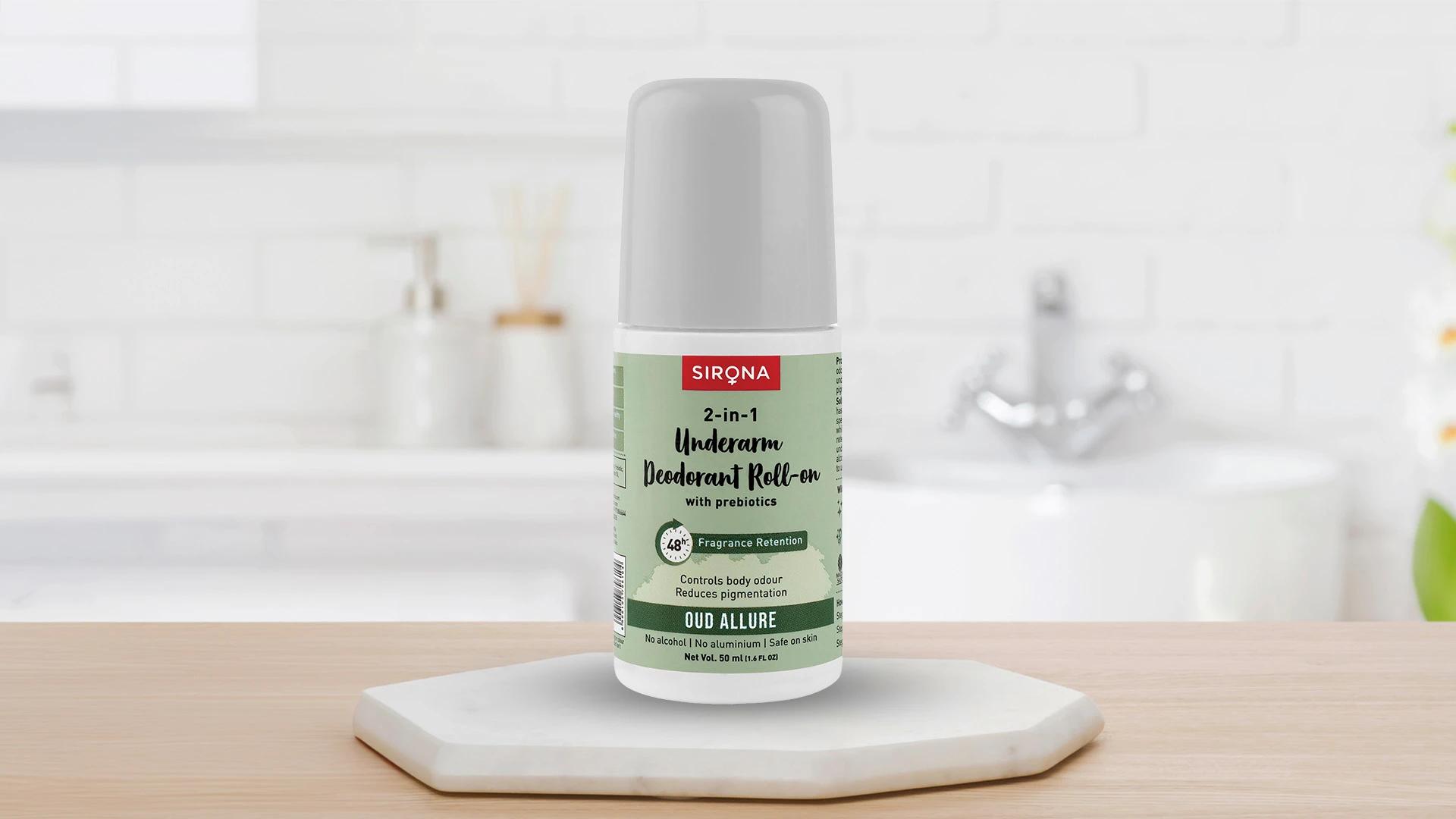Addressing Skin Concerns
Dark patches, ingrown hairs, or irritation are common underarm issues that can affect how comfortable you feel with different products. If you're dealing with any of these, choose gentler formulations and consider taking breaks from antiperspirants occasionally. Sometimes switching products or giving your skin a breather can work wonders.
Frequently Asked Questions
Is aluminium in deodorants harmful?
Current research suggests that aluminium in deodorants and antiperspirants is safe for most people. Health authorities worldwide have reviewed the evidence and found no credible link to serious health issues. However, if you prefer to avoid it or have sensitive skin, plenty of effective aluminium-free options exist.
How often should I reapply deodorant?
Most people only need to apply once daily, especially if you're using an antiperspirant at night. However, if you're very active or it's particularly hot, a midday touch-up is perfectly fine. Listen to your body and reapply when you feel you need it.
Can I use the same deodorant for day and night?
Absolutely! Many people use the same product morning and evening. However, some prefer a gentler, fragrance-free option for nighttime, especially if they have sensitive skin. It's really about what feels comfortable for you.
Are natural deodorants as effective as conventional ones?
Natural deodorants can be very effective at controlling odour, but they work differently than conventional antiperspirants. They won't stop you from sweating, but they can keep you fresh. Some people find them just as effective, while others prefer conventional options for high-intensity situations.
Final Thoughts
Finding your perfect deodorant match isn't about following someone else's recommendations—it's about understanding what works for your unique needs. Use this checklist as your guide, but remember that what works might change with seasons, life stages, or lifestyle changes. The key is being honest about your needs and patient enough to find what truly works. Whether you end up with a **natural deodorant**, a powerful antiperspirant, or something in between, the right choice is the one that keeps you comfortable and confident. Your underarms deserve the same attention you give to the rest of your skincare routine, so take your time and find something worth sticking with.


 150 ml*2
150 ml*2 150 ml
150 ml 150 ml
150 ml 150 ml
150 ml